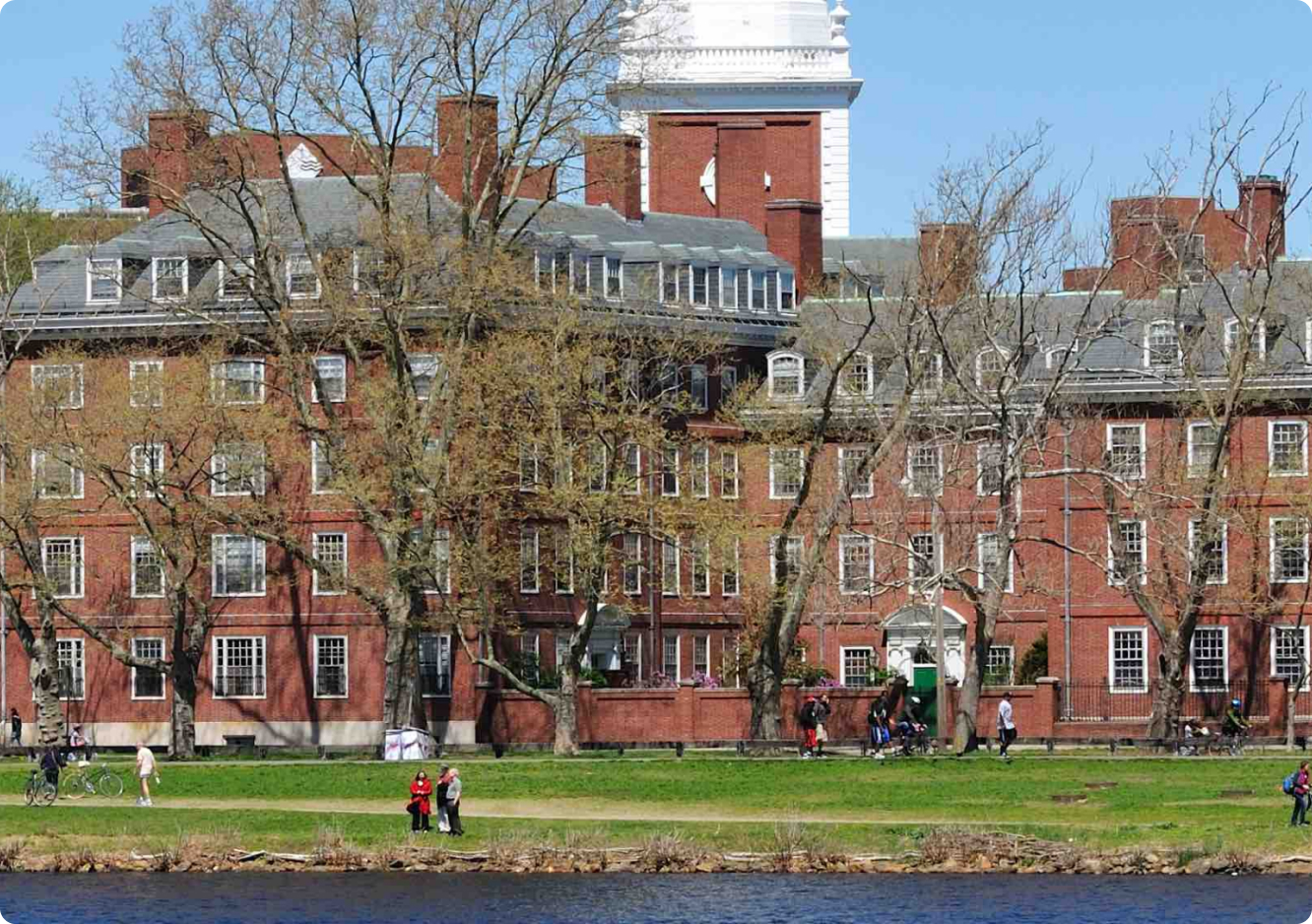Join us for Avoiding Common College Application Pitfalls on 7/9 at 8 pm EST. Space is limited, register today!
Join us for Avoiding Common College Application Pitfalls on 7/9 at 8 pm EST. Space is limited, register today!

Jacqueline McDermott is a PhD Candidate in Cell and Molecular Biology within the Life Sciences Department at Brandeis University. She holds a B.S. in Biology, with minors in Biochemistry and Spanish, from Hofstra University.
How does being a PhD candidate differ from being a college undergraduate?
The biggest differences between being a college undergraduate and a PhD student in science is 1) the level of independence and 2) the amount of information that you learn in a given timespan. As a first year PhD student, you will be exposed to a number of new and different situations. You have to quickly learn how to adapt, interpret, and apply this new information in order to be successful in your given field. As a science PhD student, there is definitely a much higher degree of scientific and intellectual independence compared to being a college undergraduate within the classroom setting.
What are the most challenging and rewarding parts of being a PhD student?For me, the most rewarding part of being a PhD student in the sciences would also have to be the most challenging: it is working diligently on a small piece of the puzzle for a long time and then seeing these puzzle pieces slowly start to come together. As a PhD student in science, you have to relish overcoming many small experimental hurdles in pursuit of your overall aims and goals. I have learned that this can definitely be both a challenge and reward.
What went into your PhD admissions planning and how did you choose your program?While planning to apply for graduate school, I first spoke with my undergrad advisors (both academic and research). Since my university was a primarily undergraduate institution, there were not many graduate students within the sciences to ask for advice. Therefore, I came to my research advisor with a list of schools, and he helped me narrow my focus to the schools where I would competitively shine, as well as the schools that would be the best fit for me considering my scientific and academic background. The way science PhD programs work is that you apply in the fall and then interview at these schools in the winter/early spring. Hands down, I chose my program at Brandeis due to my on-campus interview and recruitment weekend. It had the perfect location, size, people, and research atmosphere for me!
What advice do you have for students thinking about pursuing a doctorate?If a student is interested in pursuing a PhD, I would recommend that they know wholeheartedly that they are interested in their given field of study. A PhD is most definitely a commitment and it is by no means easy. Therefore I would advise these students to try a few different things in order to determine if obtaining a PhD in science is the right thing for them:1) Network with current PhD students, Postdocs, and PIs (Principal Investigator) .2) Intern, work as a lab technician, or get as much experience in the field as possible. 3) Consider what you actually want to do with a PhD, and if it is necessary for your future career.

